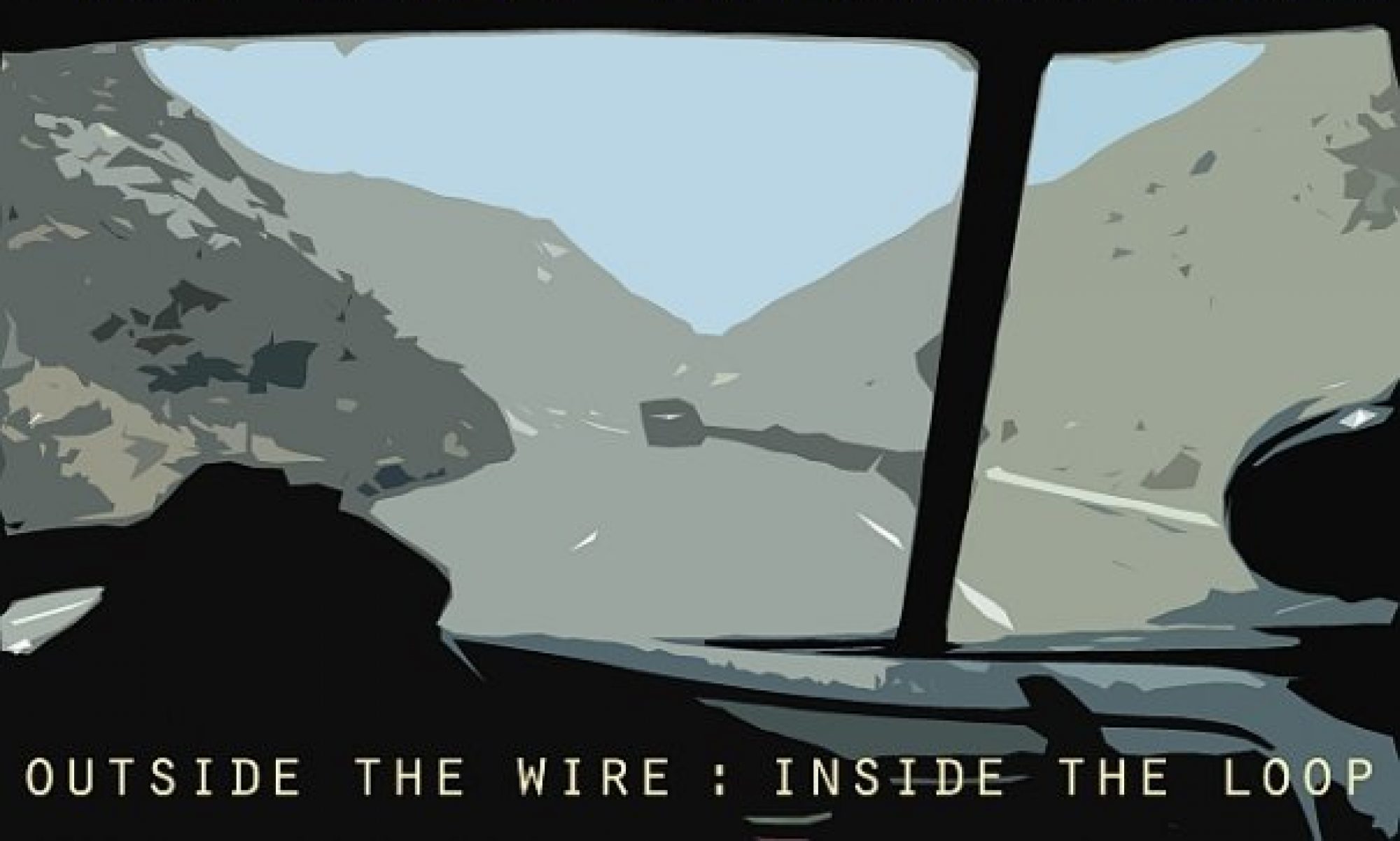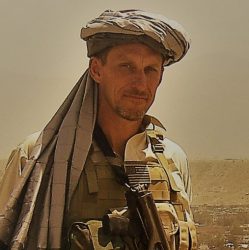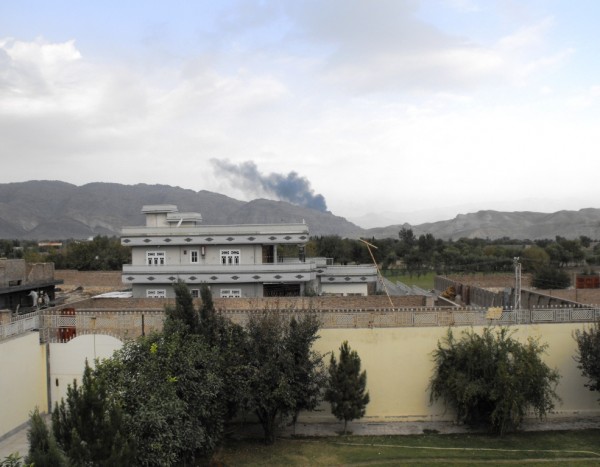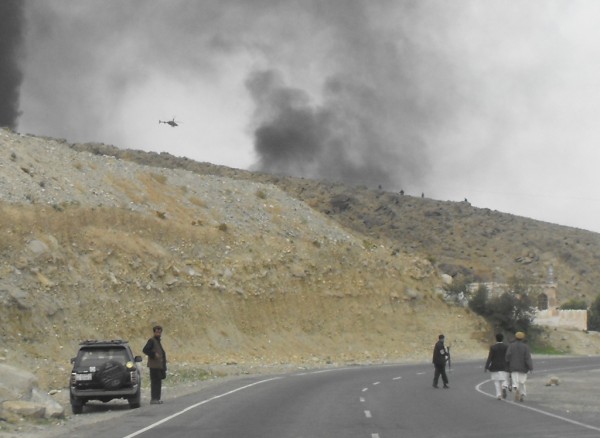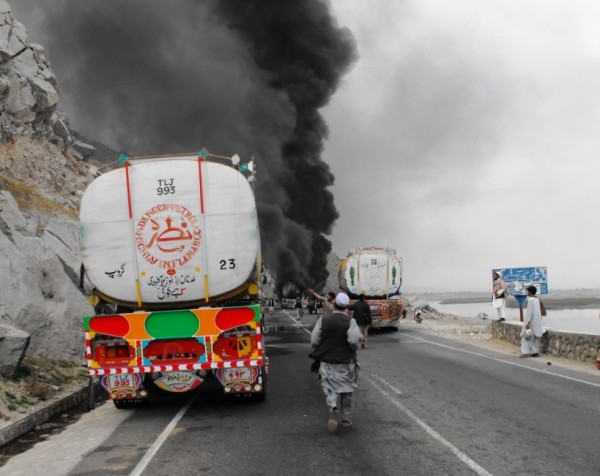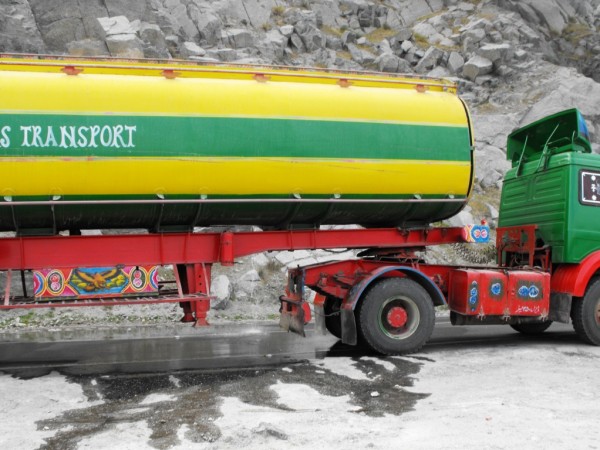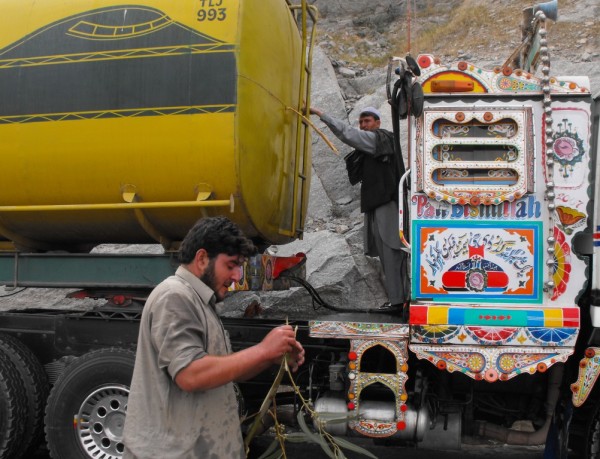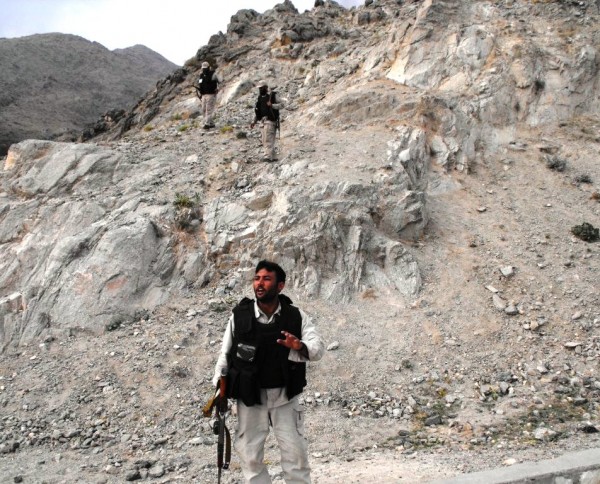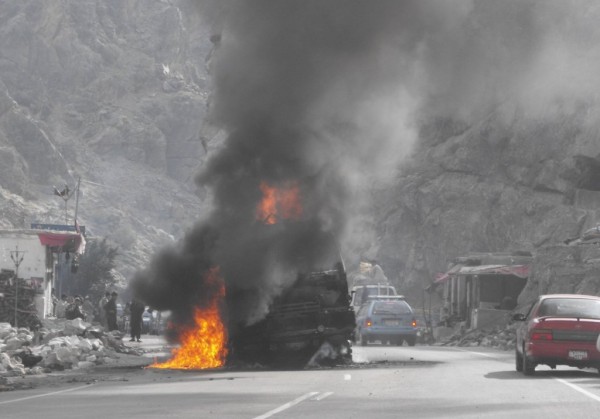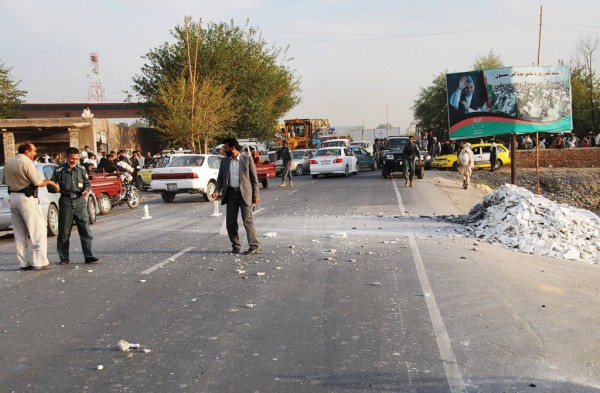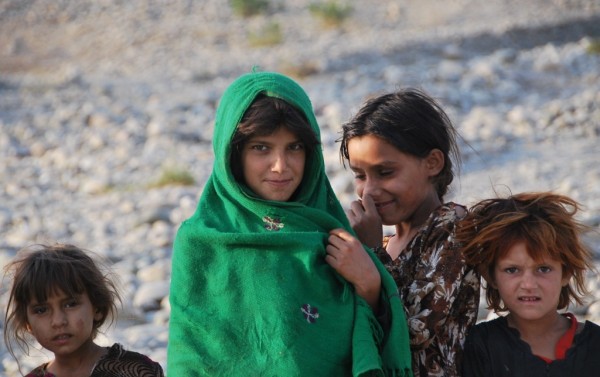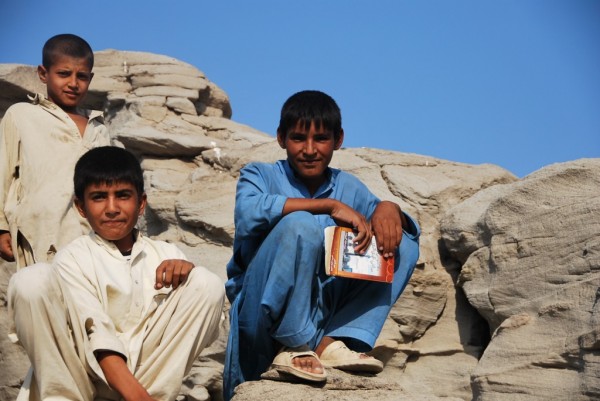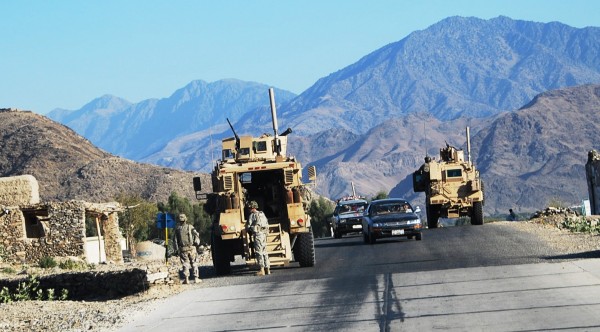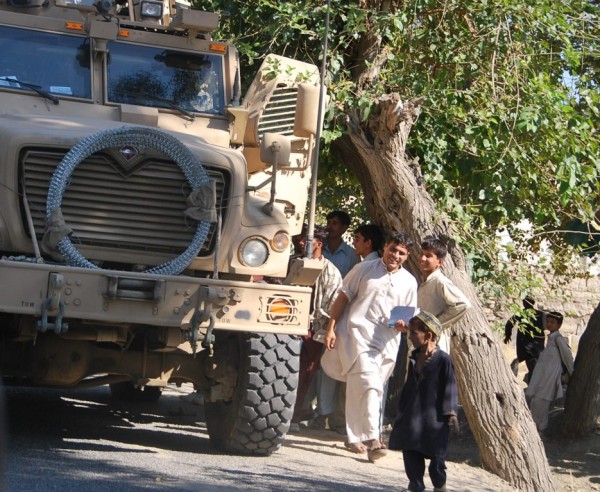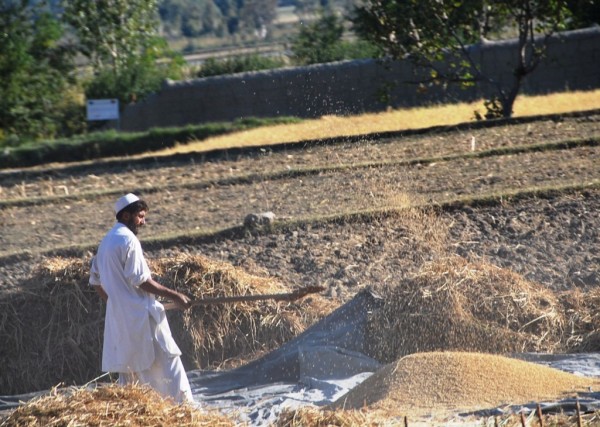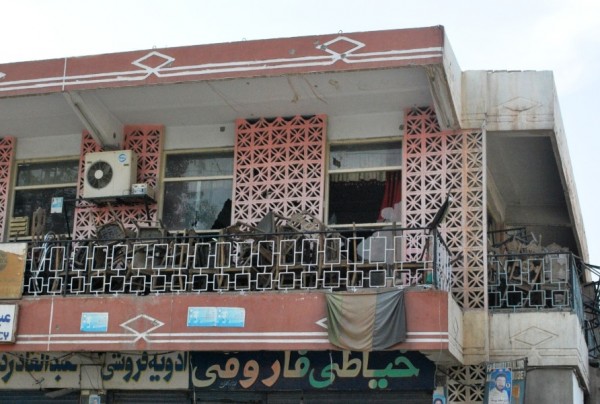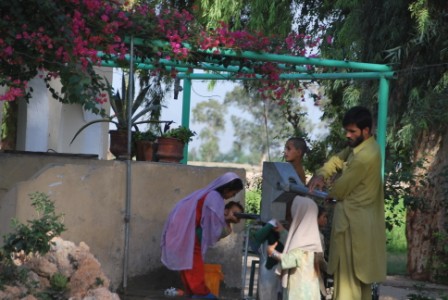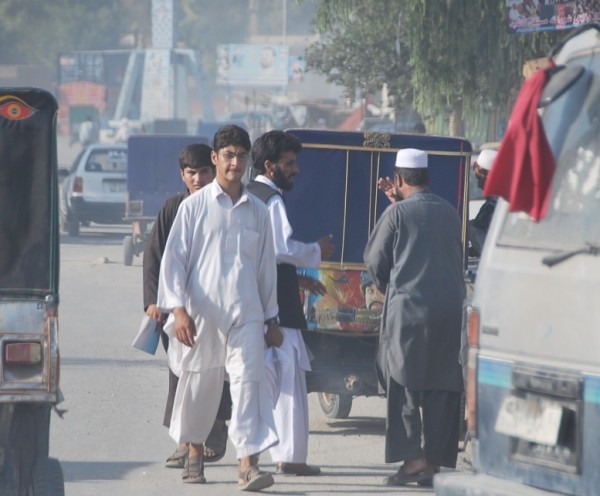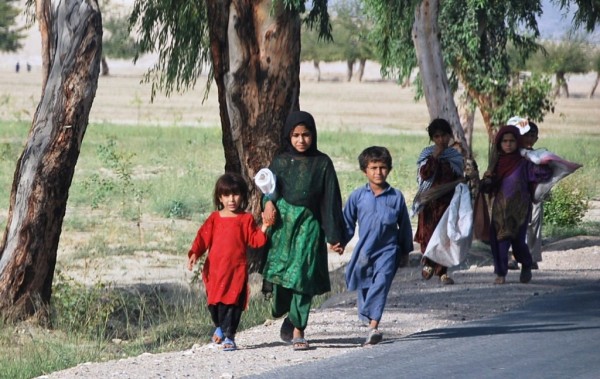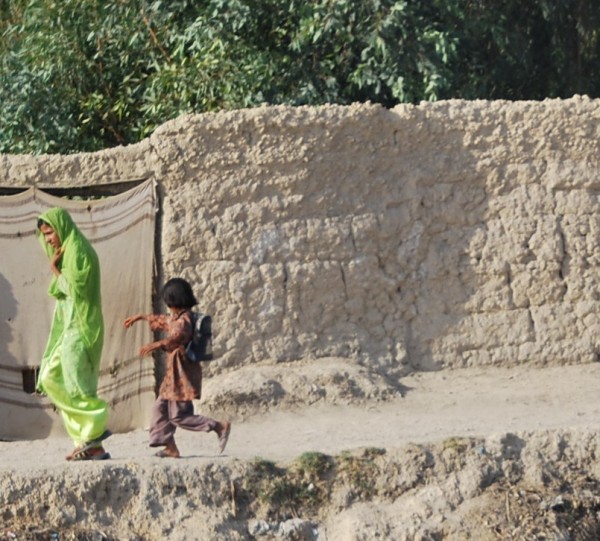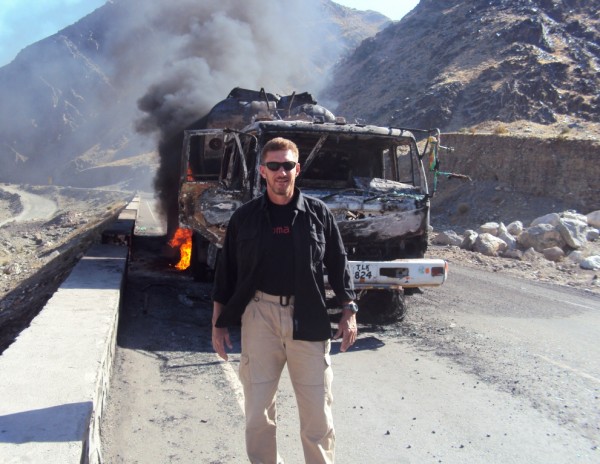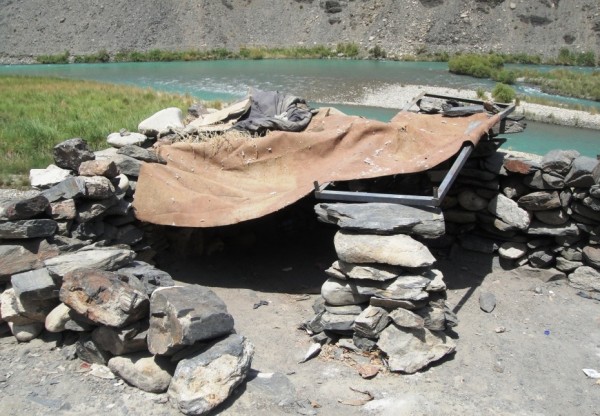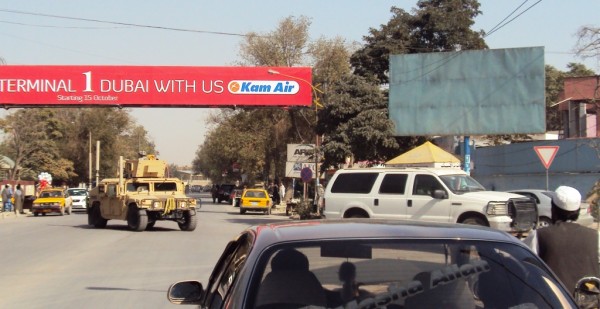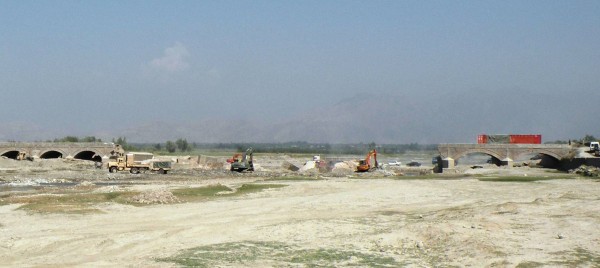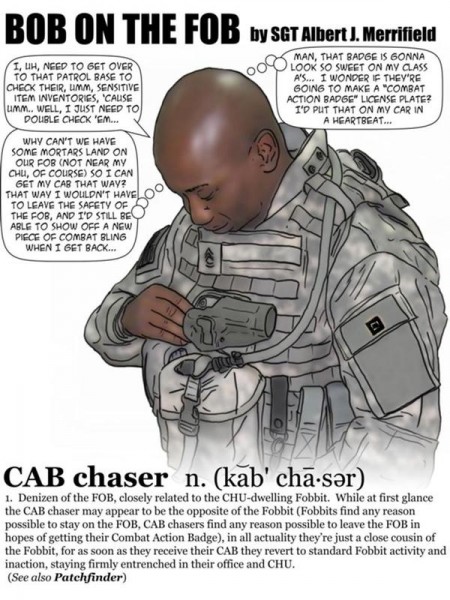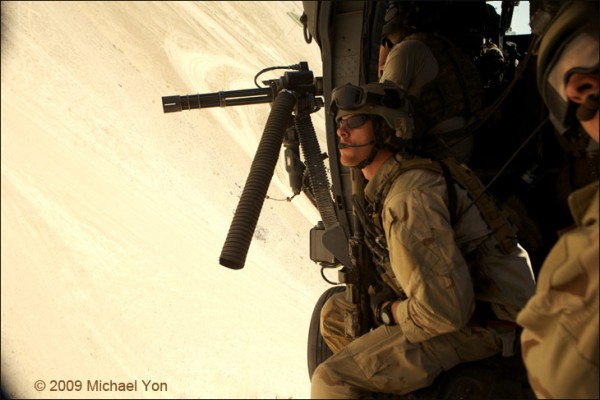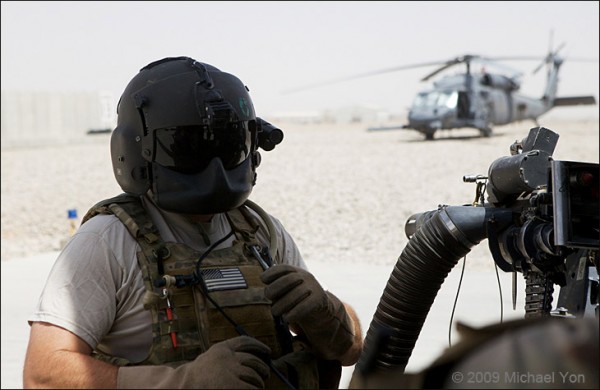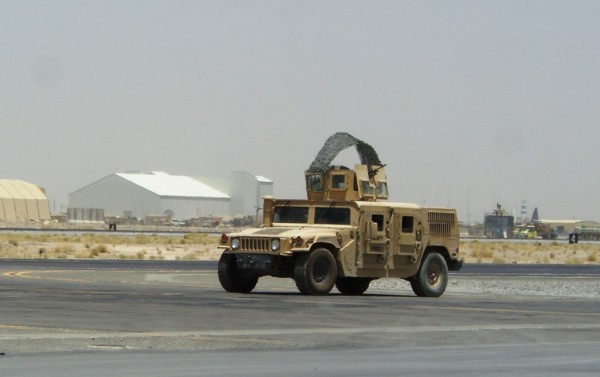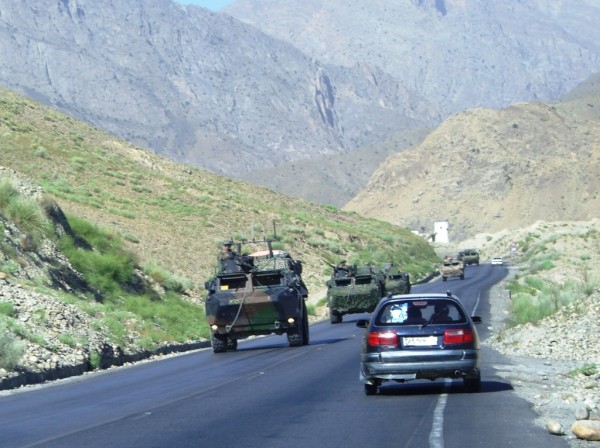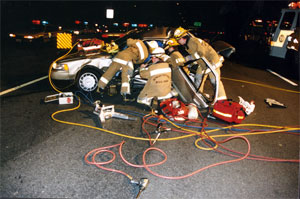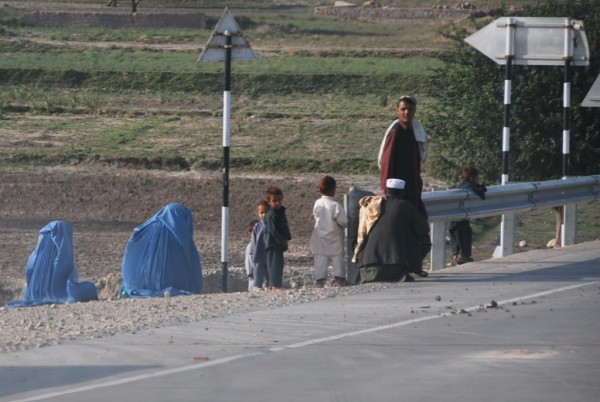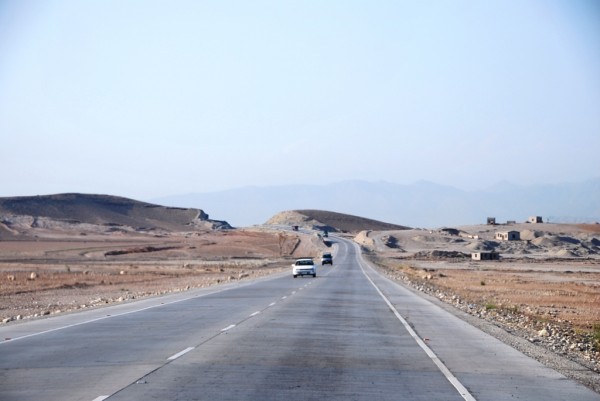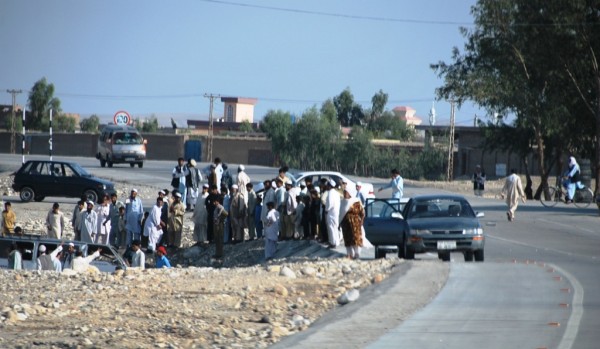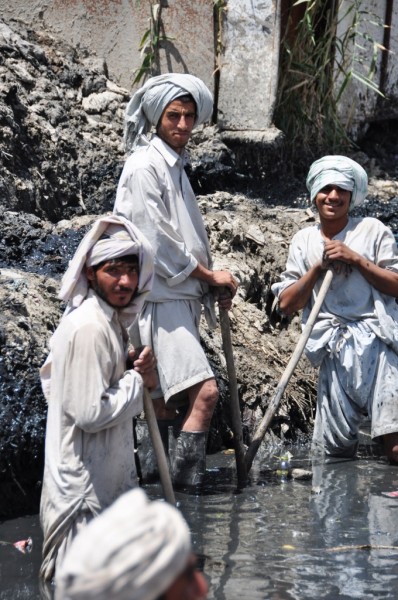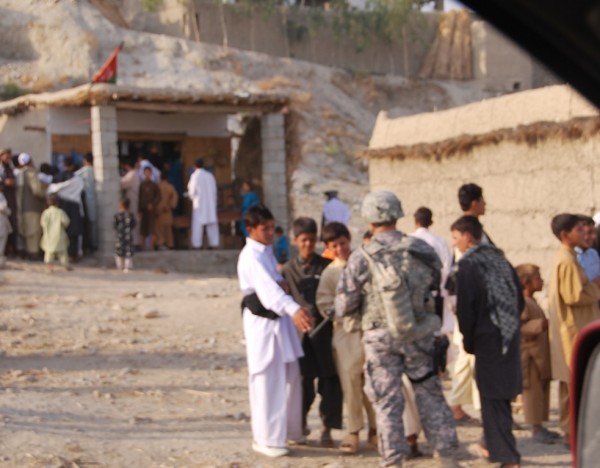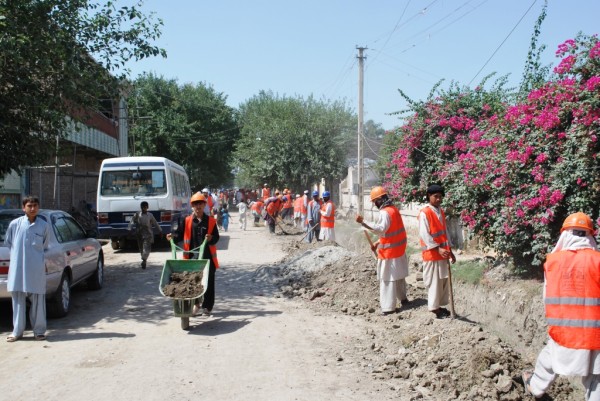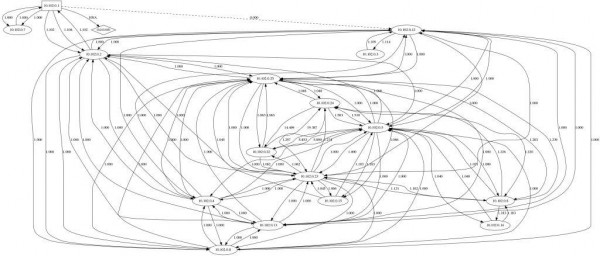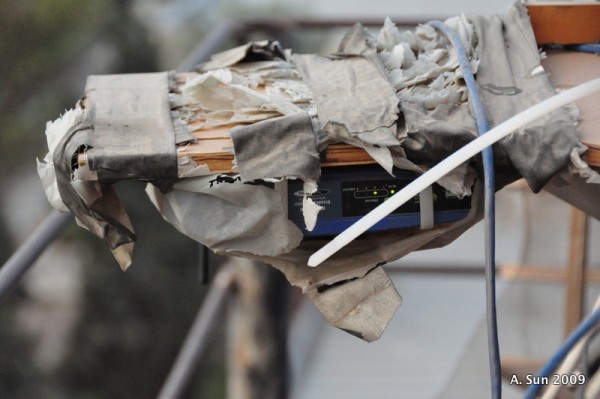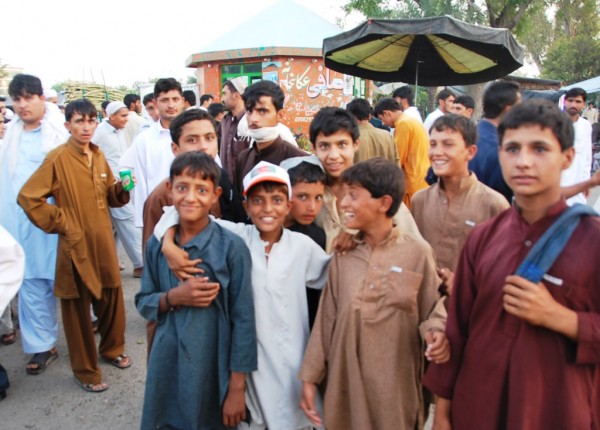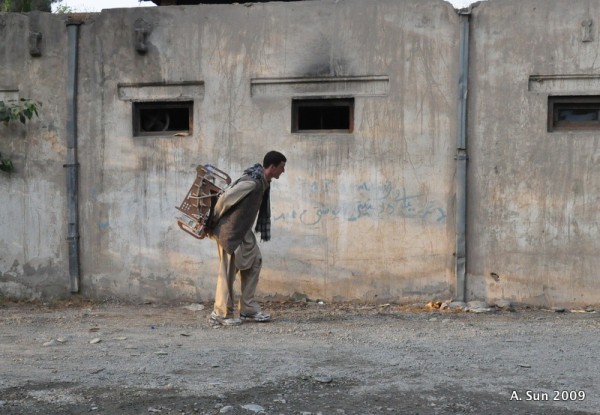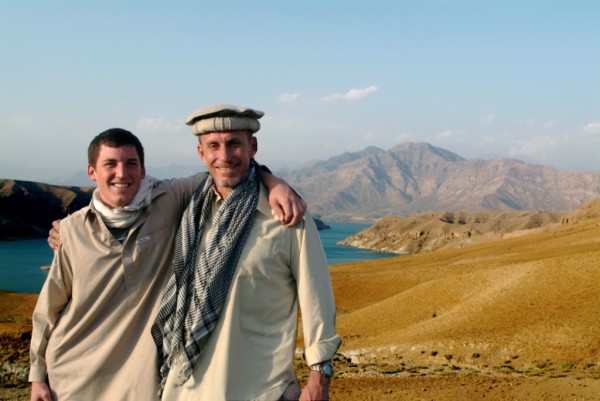I have been on the road for the past fortnight sorting things out for a prolonged leave back in the U.S. In this post our good friend Chim Chim gets a load off his chest about the military and our various intelligence agencies. Chim Chim knows what he is talking about having embedded with us back in 2006 on several trips into the south. He too has traveled in every region of the country and is another kindred Free Ranger who walks the walk.
Big ops big problems
Little ops little problems
No ops no problems
— Post it note on some door on some floor in the Central Intelligence Agency Building
Big op big success; Little ops little success (few lives saved); No ops no success (people die).
— Unknown spy
The Problem
In the war on terror, our greatest enemy is our self. Like the company picnic we have become a community of self licking ice cream cones and have forgotten the mission, or more tragically become so self-absorbed in power point success and vertical movement within dysfunctional organizations that champion mediocrity and the status quo. This risk adverse culture has paralyzed the intelligence world and is metastasizing to the military and other government organizations to the point of a terminal diagnosis or paralysis through analysis. Our current senior management (I cannot use the word leadership as that implies the ability to lead and inspire others which if were the case this post would not be necessary)in the military and intelligence services have become a large group of frighten children who put career advancement and self preservation ahead of the mission. Our congressional management (see above why leadership does not apply) has redefined the carrot-stick philosophy. Carrots are no longer given to the bold risk takers that complete the mission and succeed. Instead carrots are given to those who don’t play with sticks due to the possibility of a mishap where the stick may cause injury to someone else or even worse cause personal injury due to the sharp nature of the item. While little attention is paid to the actual cause of this disease, it can be understood by identifying the underlying core problem, fear.
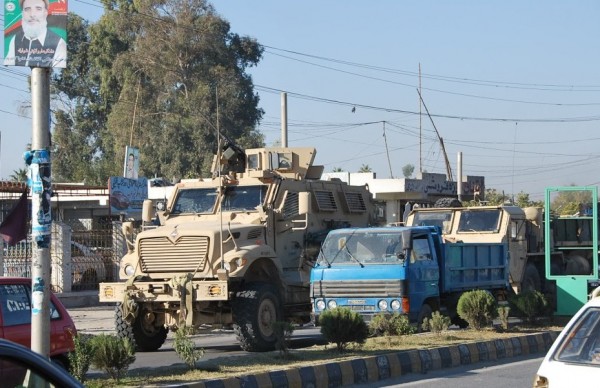
Fear is our greatest asset or our greatest liability. This is a national crisis in our military and intelligence services and the current situation in Afghanistan is a text book example of this national cancer called fear. When our enemies have fear they do not think and act rationally. Their thought processes become paralyzed and their performance substandard allowing them to be manipulated, cornered, and defeated. Fear is our asset when we inspire it in our enemies. Unfortunately fear is our greatest liability when it manifests in our selves. An evaluation of our current mission in Afghanistan shows fear to the point of paralysis. We don’t ever voice this however, but veil it in catchy phrases like, risk aversion, political correctness, and cultural awareness. But the truth is the American military and intelligence community are scared to death. The irony is that the fear is not inspired by the enemy but from within the community itself. This fear and focus on self is allowing America to grab defeat from the jaws of victory in Afghanistan.
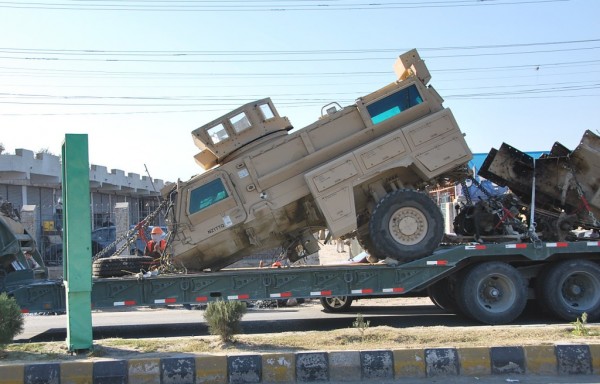
We no longer ask the question how do we complete the mission and win, but more importantly how do we keep from making a mistake. I would have to look back to when we moved the bar of success so low that it became a line in the sidewalk, easily crossed by anyone who was paying limited attention but this kum by ya mentality in the military and intelligence world has opened the flood gates for our enemies who define success as wining and destroying their opponent. Our current model is so stagnate, outdated, and self limiting that it not only is ineffective but provides a template for our enemies to easily understand, exploit, and defeat us at every turn. While we have the most highly sophisticated, technical abilities of any country in the world, it amounts to the analogy of a high speed multifunctional computer used only to play solitaire. The various alphabets in the soup are continuously marking their spot on the nearest congressional tree for fear another four legged man’s best friend might just gain favor with the current elected potentate of the gold chest and their overinflated fecal filled budget will not get them into the current place to be seen where the size of a man’s genitalia is directly proportional to his place at the trough. While the key words like Unity of Effort sound good on the parchment of the potentate, they effectively come down to a dysfunctional three-legged race between different branches and agencies desperately trying to reach the finish line of bigger budgets equal more power. This emperor’s clothes mentality is hamstringing the true believers and GSD (Get #@% done) personnel who are at the epicenter of any successful endeavor. Outside the box thinking is labeled as cowboy and suspect with the potential for risk or God forbid massive success. When talented aggressive patriots see the rotting decay of their superiors, the attrition rate makes websites like monster.com their quarterly bonus as the private sector continually draws the best and the brightest away from service to their country like congress to a $1000 a plate fundraiser. This insanity must stop or all our forefathers fought for will be a distant memory in the ocean of incompetence and insecurity that currently is directing our efforts.
The Solution
Sometimes in order to build the perfect house you have to tear the current one down to its foundation. Broken pipes, support structures, and shoddy architecture are best deposited in the dumpster of ineffectiveness. This reconstruction effort starts at the top and defines a new Pavlovian response where the reward is tied to creativity, courage, and no fear of failure. Success will be defined as success (bold new concept point), and not the mitigation of risk where all widgets were accounted for, no one got a paper cut, and all off color non politically correct comments and conduct are currently being prosecuted to the maximum level of the law. Certainly mistakes will be made but they will act as the temporary framework, providing for constructive evaluation to redefine a bold, dynamic structure that is indestructible due to its ability to adapt to its environment and overcome adversity on multiple levels. In this structure each room will have a common goal of victory and as a group share in the success and learn from the failure. The storm winds will change direction with each new season but this architectural wonder will continually adapt and overcome adversity. The good news is that the materials for this structure are readily available; they are dedication, selflessness, integrity, and commitment to the mission. You will find these materials growing where the soil is not choked out by the weeds of selfishness, insecurity, mediocrity, and self absorption. Once this structure is built it will crush the rising storms and protect the country from future natural disasters.

Fear can be overcome. The process will take time and the conviction of true American patriots who will have to stand and put country before self. We can start here in Afghanistan and begin to rebuild our house.
